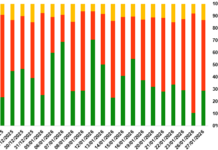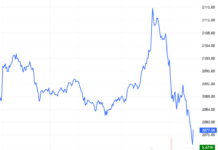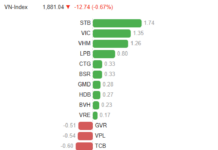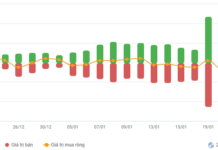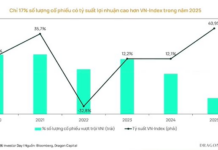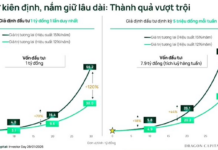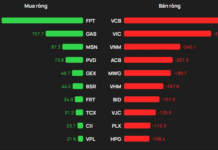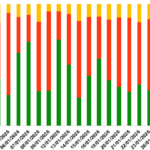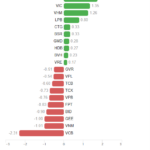The battle between iPhone and Android smartphones is escalating and perhaps more intense than ever before.
And if you’re a user of an Android flagship model, Apple has a surprising announcement that might give you another reason to consider switching to iPhone. Specifically, the tech giant states, as reported by The Guardian:
“Some companies regularly scan personal user information they store on cloud data to make money. Apple doesn’t. We’ve chosen a different path, prioritizing the security and privacy of users.”
Apple also notes that scanning data at the request of some countries can pose risks to users:
“Scanning privately stored data of anyone’s on iCloud would surely create serious security and privacy issues. Scanning for specific content would open the door to widespread storage and communication surveillance.”
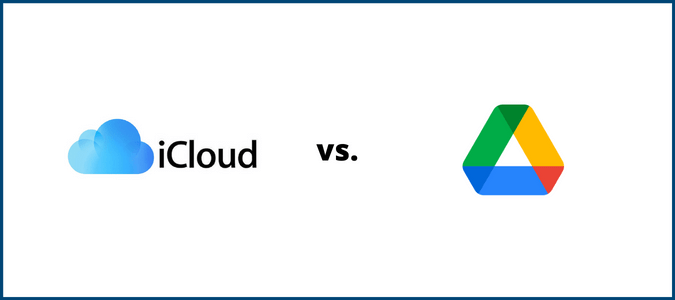
Illustration
The aforementioned statement becomes noteworthy because it may be a significant difference in how Apple and Google handle data on the Cloud front and it also means that Apple is preparing to “fight” with Android smartphone manufacturers on the device front.
It is known that Google scans photos and content stored on their Cloud to find sexually abusive content involving minors.
This is also gaining attention as AI (Artificial Intelligence) Gemini (previously known as Bard) is being deployed across Google’s ecosystem, along with a series of warnings that user-generated content when interacting with AI might be stored on the Cloud and subject to control.
Apple does not want to follow this route. Their approach is to run AI on their own devices indirectly preventing access to user data stored on iCloud.
In my (Zak Doffman) opinion, the upcoming AI “wave” is creating an unprecedented level of differentiation between iOS and Android devices.
And if users are looking to own a smartphone priced between $1,000 and $2,000, they should pay attention to fully integrated privacy features.

Illustration

